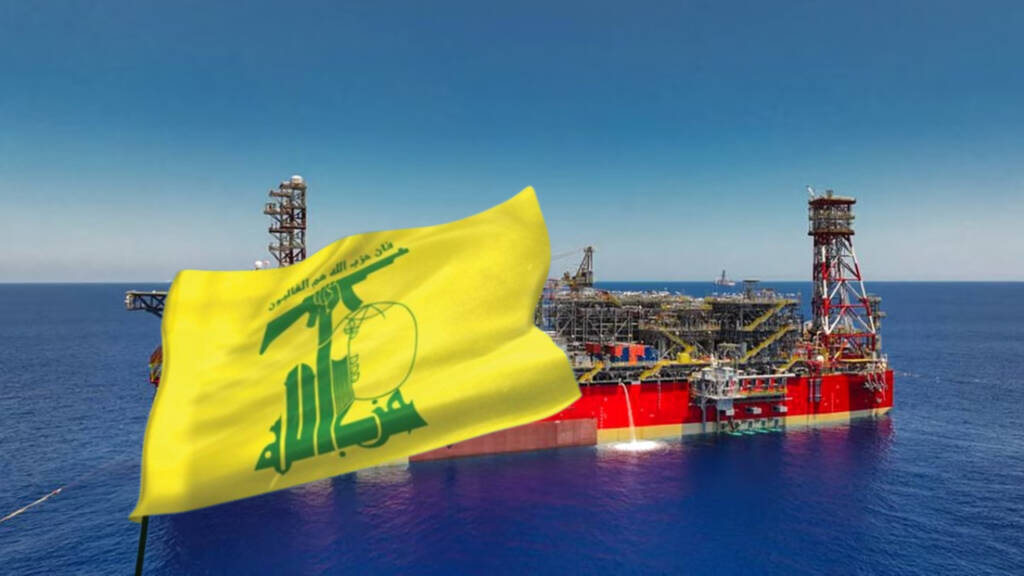Israel vs Lebanon: In the current scenario, the Arab world vehemently condemns Israel’s actions in the Gaza Strip and its conflict with Hamas. Countries like Iran, Saudi Arabia, and others demanded an immediate halt to Israel’s war on Palestine, even though it was Hamas that initiated hostilities. Threats of opening a second war front are issued, though the likelihood of such an event remains low.
Lebanon, in contrast, presents a unique situation. With valid reasons, it could seize an opportunity to attack Israel, setting the stage for a potential escalation. The Israel-Gaza war, ongoing for about a month, started when Hamas forces invaded Israel, taking hostages, and resulting in the death of 50 individuals.
Israel responded with airstrikes, causing widespread destruction and casualties, totaling 6000. Israel urged Palestinians to evacuate Gaza, but many chose to stay. Amidst international condemnation, Iran threatened to destroy Haifa port, reflecting the Arabic world’s anger.
While the likelihood of a united Arabic front against Israel remains distant, Lebanon stands out as a potential aggressor, possibly escalating the situation further. The conflict continues, with tensions high and the international community closely monitoring the situation for any developments.
Israel vs Lebanon: A Real Possibility
Lebanon commands attention in the Israel-Gaza conflict for several compelling reasons. Firstly, Hezbollah, the Lebanese-based terror group, has vowed retaliation against Israel for its actions with Hamas, creating a volatile situation. Secondly, Lebanon has strategic interests in Israel’s Oil and Gas fields, leading to a maritime dispute over the Karish and Qana fields.
If one remembers, the tensions between Israel and Lebanon escalated when Hezbollah, claiming 100,000 battle-ready troops, pledged to safeguard Lebanon’s oil and gas rights. Israeli leaders, from former PM Yair Lapid threatening Hezbollah’s stronghold in Beirut to Benny Gantz warning of severe consequences for Lebanon, intensified the atmosphere.
The conflict reached a critical point as negotiations teetered on the edge, raising fears of military escalation. The looming threat of military action by either Israel or Hezbollah kept the international community on edge.
However, a US-brokered deal emerged, temporarily defusing the situation. Lebanon’s involvement in the conflict underscores its potential to alter the regional dynamics significantly. The ongoing tensions, complex negotiations, and the delicate balance maintained by international diplomacy make Lebanon a focal point for global observers.
Read More: Is Hezbollah nearing its end in Lebanon?
Not Energy, But Elixir: Lebanon’s Vow to Crush Israel Explained
Lebanon views the Karish and Qana issue as vital for its survival due to dire economic conditions. With approximately 80% of its population living in poverty, the nation grapples with constant power cuts, rising crime, and civil unrest.
Basic necessities like food have become scarce, pushing some to scavenge in garbage bins or fight for bread. In this context, controlling a potential multi-billion-dollar oil and gas field is seen as crucial for Lebanon’s economic revival and stability.
This struggle is intensified as Israel, economically more stable, resists compromising its control over these waters. For Beirut, gaining access to these resources isn’t just about economic prosperity; it’s a matter of life and death, offering a lifeline amid widespread poverty and hardship.
Lebanon’s vow to attack Israel adds a concerning dimension. If Lebanon follows through, it’s likely to target the disputed Karish and Qana fields, heightening the stakes. Israel must remain vigilant, considering the potential new challenges posed by its adversaries.
Read More: Lebanon is a powder keg and the world is woefully unaware
The prospect of a Lebanon-Israel conflict looms, with high chances of escalation. The situation demands careful scrutiny, as any aggressive moves by Lebanon could significantly impact the regional dynamics.
Watch More:
